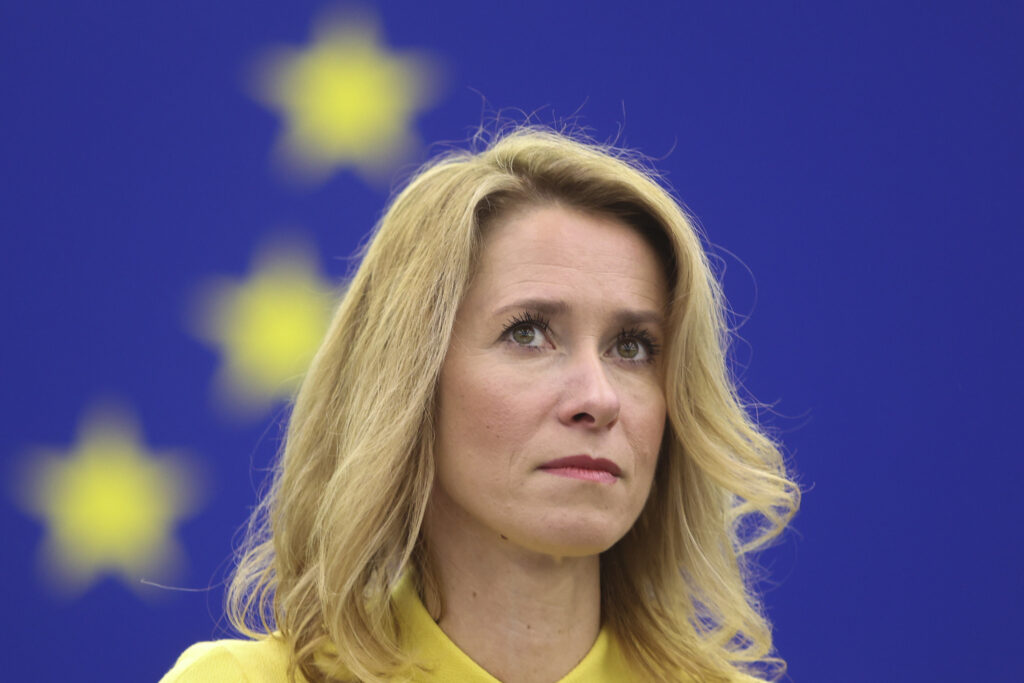The 27 EU leaders have agreed on the bloc’s political leadership for the next five years: Germany’s Ursula von der Leyen as president of the European Commission, Portugal’s António Costa as president of the European Council, and Estonia’s Kaja Kallas as the High Representative for Foreign Affairs and Security Policy.
“It’s an honour to be nominated as the High Representative of the European Union. My colleagues’ decision is symbolic as we celebrate 20 years of Estonia’s EU membership,” Kallas said in a statement.
The Estonian prime minister added that the EU’s foreign policy has been strengthened since the start of the Ukraine war. “I want to make us stronger in the future. Unity is the basis of everything. The European institutions and member states must work together to strengthen cohesion,” she said. “There is a war going on in Europe. This is the most important challenge of EU foreign policy. Growing instability also demands our attention.”
Von der Leyen and Kallas’s nominations are not final and still require confirmation by the European Parliament. Costa, a former Portuguese prime minister, is automatically elected by the national leaders.
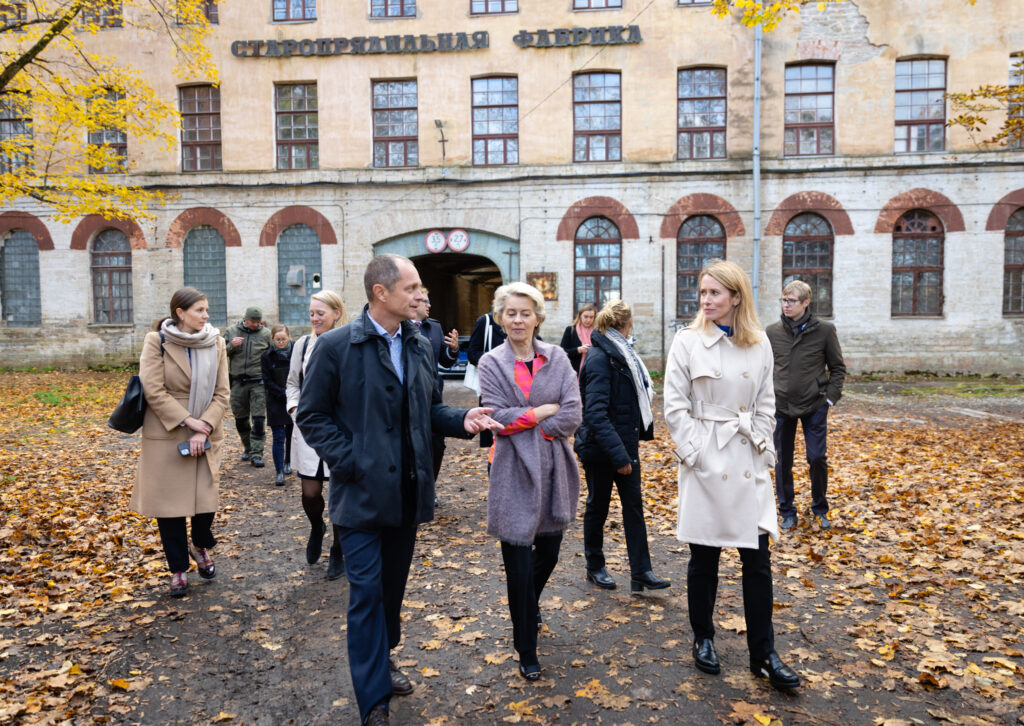
Euronews said Hungary’s prime minister Viktor Orbán opposed the nomination of Ursula von der Leyen and abstained on Kaja Kallas. Italy’s prime minister Giorgia Meloni voted against both Costa and Kallas and abstained on the nomination of von der Leyen.
First Estonian in top EU post
The three candidates had been agreed by Poland’s PM Donald Tusk, Greece’s Kyriakos Mitsotakis (representing the centre-right European People’s Party), Germany’s Olaf Scholz, Spain’s Pedro Sánchez (Socialists & Democrats), France’s Emmanuel Macron and the Netherlands’ Mark Rutte (liberals under Renew Europe).
The French president is thought to have played a big part in Kallas’s nomination. “Macron and Kallas get on well and they have similar views,” a source told Politico magazine in June.
If Kaja Kallas is approved by the European Parliament, she will become the first Estonian to be appointed to one of the EU’s top jobs.
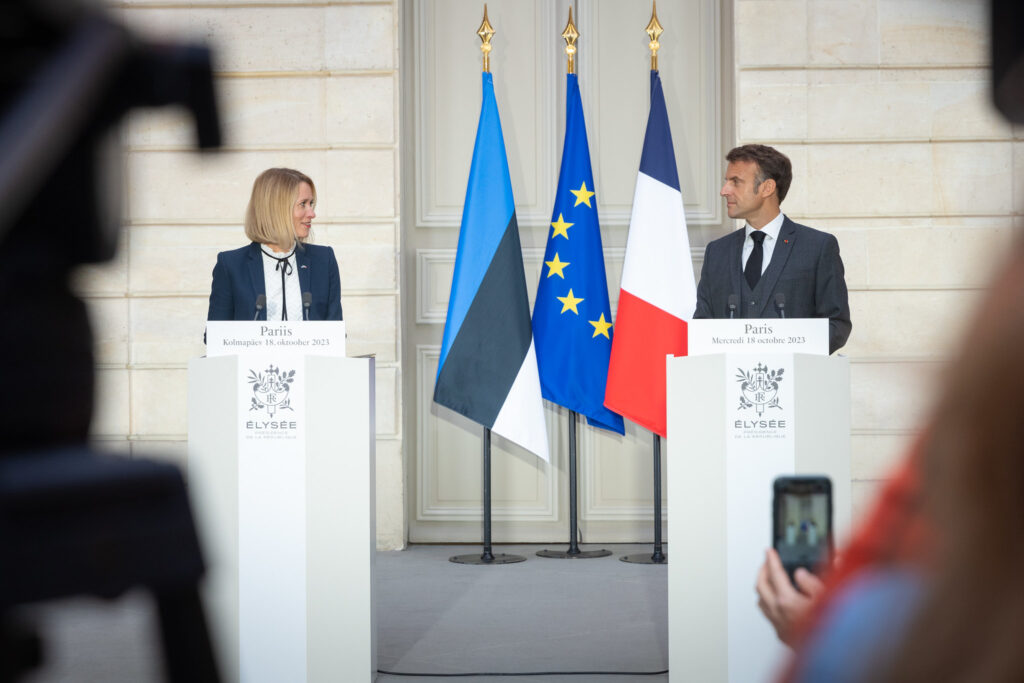
The high representative for foreign affairs and security policy is the chief coordinator and representative of the common foreign and security policy within the European Union.
The HRVP chairs meetings of the EU’s foreign, defence and development ministers and represents the EU at G7 and G20 meetings.
Political dynasty
Kallas comes from a political family. Her father, Siim Kallas, was involved in Estonia’s independence movement in the late 1980s and early 1990s. He co-founded the liberal Reform Party and served as the country’s prime minister and first European Commissioner after Estonia joined the EU in 2004.
Kaja Kallas has a law degree from the University of Tartu and a master’s degree in business from the Estonian Business School. Before entering politics, she worked as a lawyer.
In 2011, Kallas joined the Reform Party and was elected to the Estonian parliament. In 2014, she was elected to the European Parliament. She worked on the EU’s digital single market strategy, energy and consumer policies, as well as relations with Ukraine. Before being elected, Kallas told Estonian World that the EU still had too many barriers in the internal market. In 2019, Politico magazine named her one of the 40 most influential members of the European Parliament between 2014 and 2019.
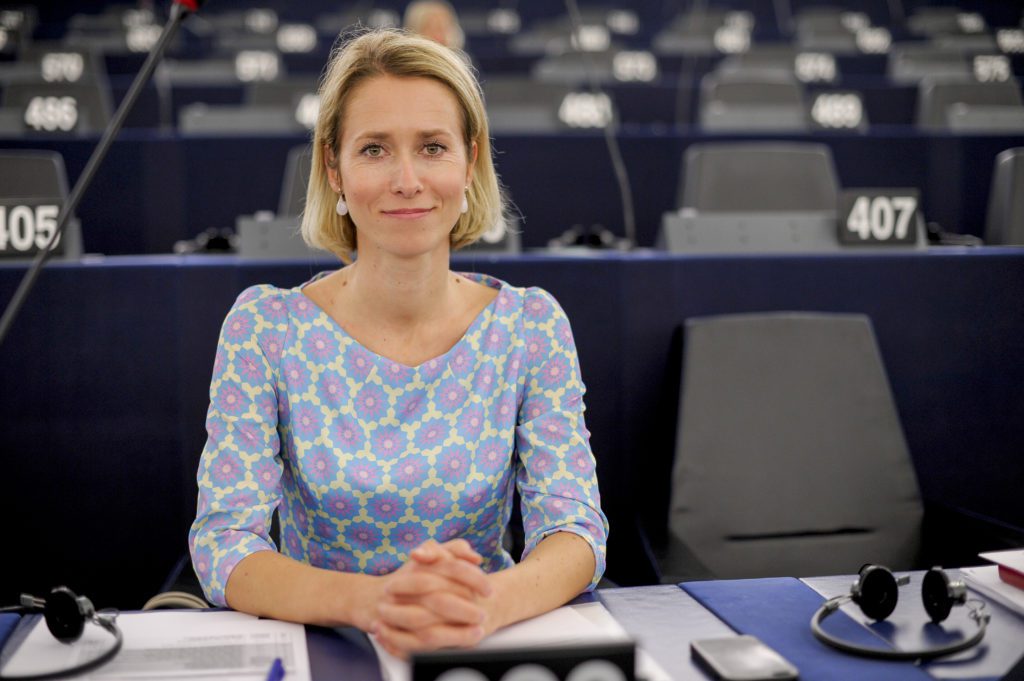
In 2018, Kallas left the European Parliament to lead the Reform Party, which won the 2019 election. She was expected to become prime minister, but the Jüri Ratas-led Centre Party was still able to form a government that lasted until January 2021. Now, it was her turn, and she became Estonia’s first female prime minister in January 2021.
Supporting Ukraine
Facing the pandemic and a struggling economy, her popularity at home fell. When Russia invaded Ukraine in February 2022, Kallas helped the EU punish Russia with sanctions and send military support to Ukraine. She was also given a lot of airtime in the international media.
Her growing international stature made her more popular at home. In 2023, the Reform Party achieved its greatest election victory ever, taking 37 seats in Estonia’s 101-strong parliament. But her coalition government introduced unpopular tax rises and the Estonian economy went into recession.
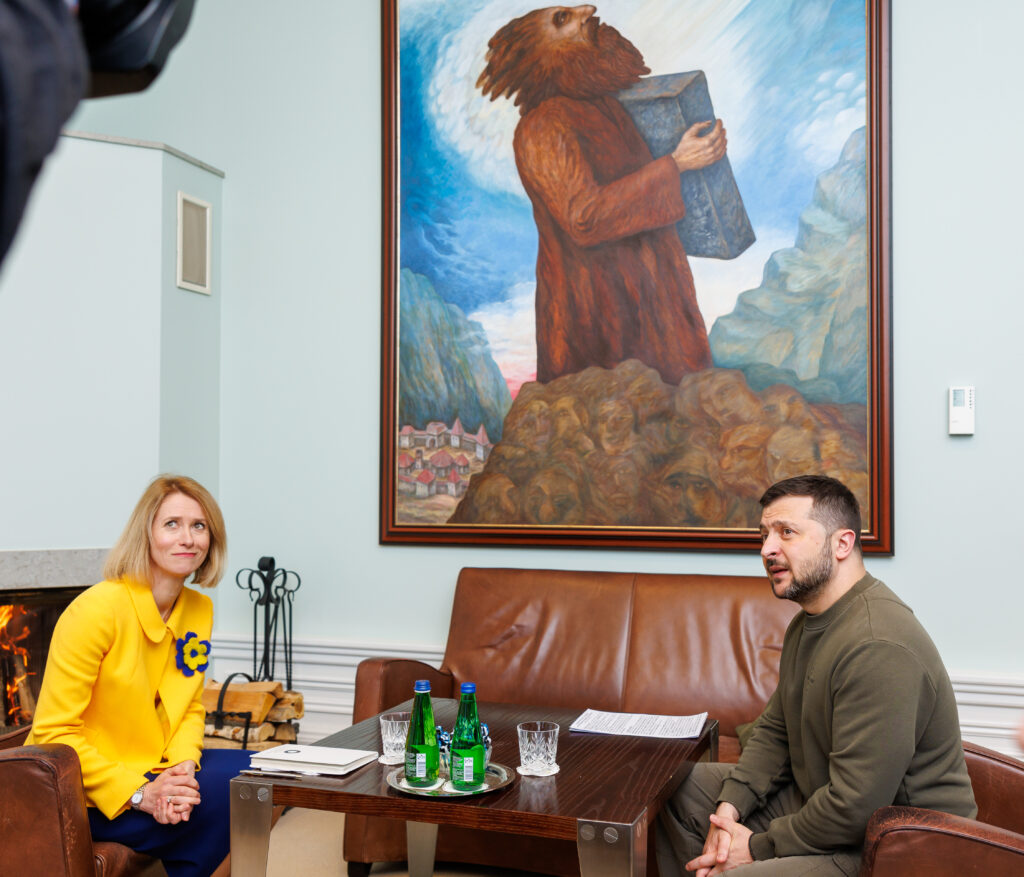
In August 2023, it was revealed that a transport company partly owned by Kallas’s husband had continued to do business with Russia during the war in Ukraine. This was despite the prime minister’s criticism of companies doing business with Russia. Two thirds of Estonian citizens called for her to resign. In a poll from April 2024, only 19% of people wanted Kallas to be prime minister.
But even her critics agree that she is better suited to an international role than domestic politics. As the EU’s foreign affairs chief, she will have a chance to prove it.

